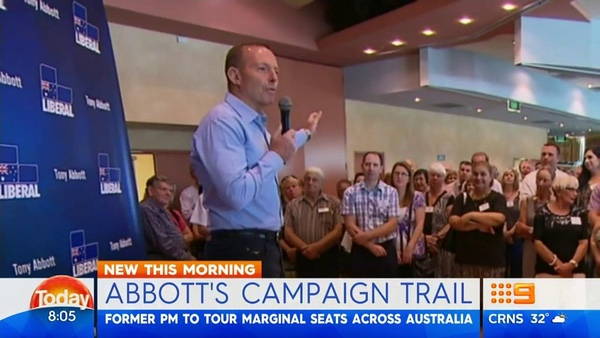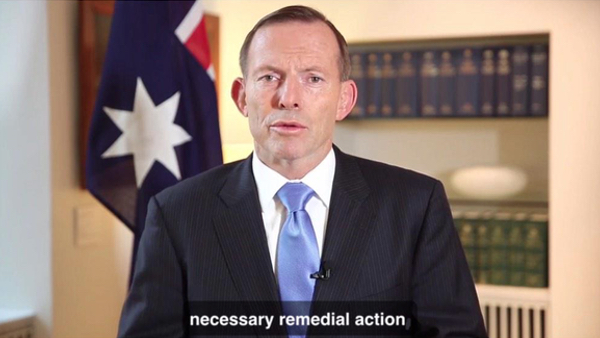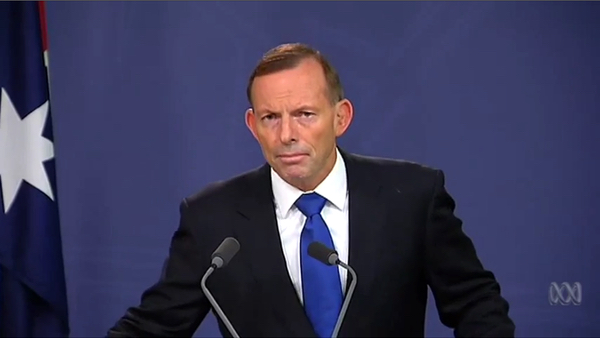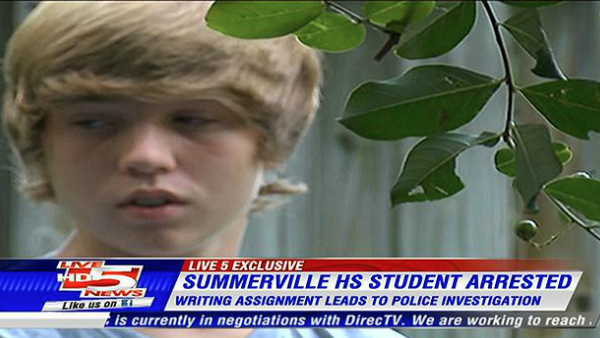 John Howard, during his time as prime minister, talked a lot about the rule of law. If we are a nation of laws then those laws must, presumably, reflect what we believe about ourselves as a nation. As people. As human beings. As Australians.
John Howard, during his time as prime minister, talked a lot about the rule of law. If we are a nation of laws then those laws must, presumably, reflect what we believe about ourselves as a nation. As people. As human beings. As Australians.
Howard, quite correctly, sees a century of the rule of law as one of the great achievements of Australian federation. And yet, under his watch, fundamental legal principles were eroded. Laws made as part of the so-called War on Terror introduced imprisonment without trial, secret evidence, searches without warrant…
With these conflicting thoughts in mind, I opened the pages of Julian Burnside’s book Watching Brief: reflections on human rights, law, and justice while leaving Australia for the first time.
As dusk fell somewhere over the Timor Sea, I imagined the horror of traversing that ocean below in an over-crowded, leaky refugee boat only to be hauled off to a concentration camp a quarter of the world away. Meanwhile, I ordered another brandy and Mr Burnside provided me with a concise, clearly-written explanation of just why I’d been so angry with the Howard government, and so angry with a weak and ineffectual opposition for allowing it to happen.
Continue reading “Review: Watching Brief”






